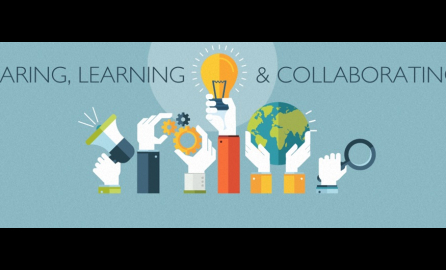2.1.3 Supportive legal frameworks development, adoption and implementation
Supportive legal frameworks development, adoption and implementation
Indicators: a) Legal frameworks pertinent to enhancing the livelihoods of those dependent on the informal economy, with special attention to social inclusion identified in selected project countries.
b) Key elements in legal frameworks contributing to enhancing the livelihoods of those dependent on the informal economy, with special attention to social inclusion identified in selected project countries.
c) Extent to which projects have found legal frameworks in countries to have a supportive impact on their beneficiaries. Reasons for extent to which frameworks have had positive and/or negative impact identified.
d) Extent to which enforcement challenges of legal frameworks exist.
Data Analysis Methods: Identification of methods for the development of pertinent legal frameworks and pertinent experiences with adoption and implementation with respect to IE.
RECOMMENDATIONS:
1. Use a two-pronged approach to address the employment needs of people dependent on the informal economy. Simultaneously focus on direct actions at local level and fostering an enabling environment.
2. At enabling environment level—i.e. local and/or national—focus on development of supportive legal and policy frameworks related to the IE. Ensure advocacy for enabling environment stakeholders to develop and revise IE relevant laws and regulations as needed.
3. Locally adapt (appropriate) approaches to support (self) employment needs of people dependent on the informal economy in accordance with context at community level. (see other recommendations in report for details).
4. Facilitate capacity strengthening of institutions to develop and revise relevant laws and regulations.
References:
- ILO, 2014, Decent work results of ILO employment promotion interventions: lessons learned from evaluations, 2003-2013 .
- Mauer, Ralf, 2013, Decent work results and effectiveness of ILO technical cooperation: a meta-analysis of project evaluations, 2011–2012.
- Needs analysis of 17 Implementing Partner Projects of RNSF
____________________
5. Support appropriate and relevant reform of the tax system to accommodate formalisation of IE work. Take into consideration that appropriate reforms may lead to an overall increase in the number of registered firms and possible corresponding increases in employment. Take into consideration that formal enterprises are more productive and profitable when compared with informal ones.
References:
- White, Simon & Fortune, Peter, 2015, Business Environment Reform and Poverty, Meta-analysis of evaluations.
- Fajnzylber & Montes-Rojas, 2009, Does Formality Improve Micro-Firm Performance? Quasi-Experimental Evidence from the Brazilian SIMPLES Programme.
- Kenyon, T. & E. Kapaz, 2005, The Informality Trap, Thematic evaluation.
____________________
6. Review available contextual World Bank Business Environment Snapshots (WBGES)[1] and ILO Enabling Environment for Sustainable Enterprises (EESE)[2] to understand the enabling environment for business in project countries. Note that laws and regulations for formal businesses also have an impact on informal economy operators and workers.
____________________
7. When developing legal frameworks related to the IE, take potential implementation and enforcement challenges in the context into account. Design approaches to facilitate implementation and address enforcement challenges. (Projects can contribute to this process) (1.3.2/3) Provide support for the enforcement of legal frameworks in project countries including:
- Steps to reduce corruption
- Strengthening government coordination
- Strengthening capacities of enforcement agencies/staff
- Streamlining government bureaucracy
- Strengthening the quality of regulations
- Increasing public – private dialogue.
____________________
8. Promote the development of codes of conduct among business associations/cooperative members in IE sectors. Train labour inspectors and other monitoring agents to verify the implementation of codes of conduct, if existent in the association/cooperative.
Source: RNSF research - Volume 4.2
[1] The World Bank (2016), World Bank Business Environment Snapshots (WBGES). Available from http://rru.worldbank.org/besnapshots/ Website accessed May 15, 2016.
[2] Sustainable Enterprise Programme - ILO (2014) Enabling Environment for Sustainable Enterprises. Available from the ILO Sustainable Enterprise Programme. ILO, Geneva.
